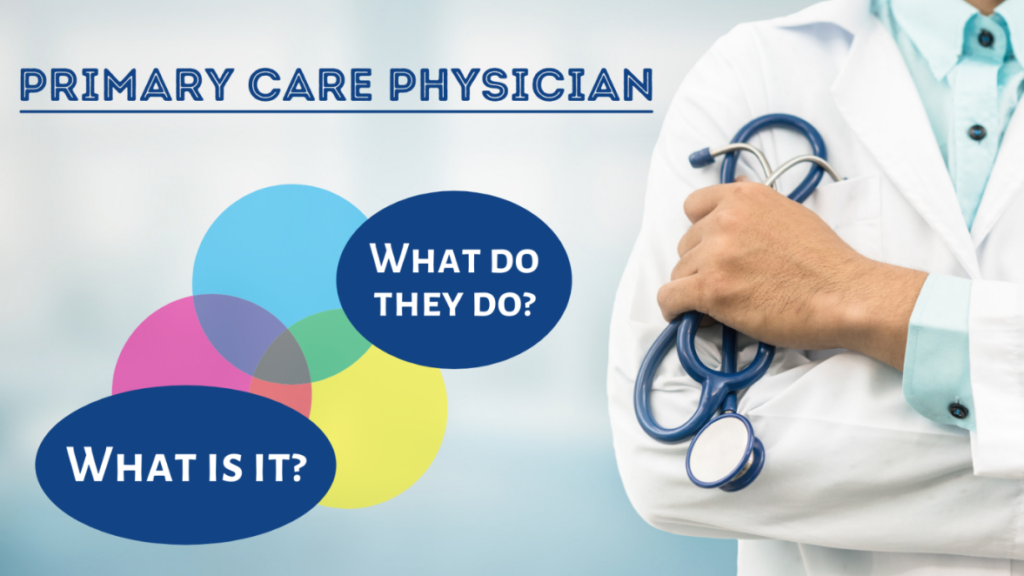Each spring, thousands flock to the Coachella Valley for sun-soaked festivals like Coachella and Stagecoach. While these iconic events are packed with unforgettable experiences, they can also bring health challenges—most notably, the so-called “Coachella Cough.”
As a trusted local authority in healthcare, Coachella Valley Direct Primary Care is here to break down what this phenomenon is, why it happens, and how you can protect yourself and your family before, during, and after festival season.
Read more: Coachella Valley Air Alerts: What They Mean for Your Health
What Is “Coachella Cough”?
“Coachella Cough” is a term coined by festivalgoers who report flu-like symptoms during or shortly after music festivals in the desert. Symptoms typically include:
- Persistent dry cough
- Nasal congestion
- Sore throat
- Headache
- Fatigue
These symptoms can last several days and are often mistaken for seasonal allergies or the common cold. But what causes them?
Read more: How Does Low Testosterone Affect My Sex Drive?
The Causes Behind Coachella Cough
 1. Dust and Pollen Exposure
1. Dust and Pollen Exposure
The Coachella Valley is a desert region, and springtime winds stir up significant dust and pollen. Music festivals are typically held outdoors on large fields, where thousands of attendees stir up the ground daily.
Expert Insight:
“We often see an uptick in respiratory symptoms during April,” says Dr. Krista Burris of Coachella Valley DPC. “Even people without a history of asthma or allergies may experience irritation due to the high particulate matter in the air.”
Read more: The Surprising Health Benefits of Living in the Desert
2. Crowd Density and Shared Airspace
Packed festival grounds make social distancing nearly impossible, increasing exposure to airborne pathogens. Coughs, sneezes, and even singing can spread respiratory viruses quickly among attendees.
Read more: Coachella Cough and Festival-Related Health Concerns
3. Sudden Changes in Lifestyle
Late nights, dehydration, alcohol, and poor sleep can weaken your immune system, making your body more susceptible to illness. Combine that with heat exposure and limited hygiene facilities, and you’ve got a perfect storm for getting sick.
Read more: What Does a Sudden Change in A1C Mean?
Is Coachella Cough Dangerous?
For most people, Coachella Cough is a temporary irritation. But for individuals with pre-existing conditions like asthma, COPD, or allergies, symptoms can escalate.
Case Example:
One patient with mild asthma reported needing emergency inhaler treatments after attending Coachella without a mask. Symptoms persisted for over a week, requiring follow-up care.
Read more: Chronic Disease vs. Acute Disease
How to Prevent Coachella Cough and Stay Festival-Healthy
✅ Stay Hydrated
Desert air is dry, and alcohol consumption increases dehydration. Bring a refillable water bottle and use hydration stations frequently.
✅ Wear a Mask or Bandana
A lightweight mask or bandana can help filter out dust and allergens. While not fashionable for everyone, it can prevent symptoms entirely.
Read more: The Surprising Health Benefits of Living in the Desert
✅ Use Saline Nasal Spray
Nasal rinses and sprays can flush out dust and allergens, reducing irritation and congestion after exposure.
✅ Take Allergy Medications Proactively
If you’re allergy-prone, start taking antihistamines a few days before the event and continue throughout the weekend.
✅ Get Plenty of Sleep
Rest is your body’s best defense. Try to maintain a reasonable sleep schedule—even during a weekend of fun.
Read more: Benefits of Going Sugar-Free for a Month: What to Expect
 Related Health Risks During Festival Season
Related Health Risks During Festival Season
☀️ Heat-Related Illnesses
With daily highs often topping 90°F in April, heat exhaustion is a real concern. Symptoms include dizziness, nausea, rapid heartbeat, and confusion.
Tip: Wear breathable clothing, seek shade often, and avoid alcohol during peak heat hours.
Read more: Pickleball for Weight Loss: Here’s What the Science Says
🦠 Viral Infections
Large gatherings increase the risk of spreading colds, flu, and even COVID-19. Practice good hygiene, wash hands frequently, and avoid sharing drinks or utensils.
🧴 Sunburn and Skin Irritation
Desert sun is intense. Apply a broad-spectrum SPF 30+ sunscreen every two hours and wear a wide-brimmed hat.
Read more: Boost Your Longevity: Live Longer in 5 Easy Steps
FAQ: Coachella Cough and Festival Health
Is Coachella Cough contagious?
- Not directly. The cough is usually caused by dust and allergens, but being in crowded environments increases exposure to contagious viruses that cause similar symptoms.
Can I still attend if I have asthma or allergies?
- Yes, but prepare ahead of time. Bring medications, wear a mask, and take frequent breaks indoors or in shaded areas.
When should I see a doctor?
- If symptoms worsen, include shortness of breath, chest pain, or last longer than 7–10 days, it’s time to seek medical care.
What is “Coachella cough” and what actually causes it?
- It’s an umbrella term for post-festival respiratory symptoms caused by dust/particle irritation plus sometimes viral infections you pick up in crowds. Desert PM10/PM2.5 can irritate airways (cough, sore throat, wheeze), and mass gatherings raise the chance of catching colds/flu/COVID.
Is “Coachella cough” contagious?
- The dust-irritant version isn’t contagious; respiratory viruses that feel similar are. If you feel sick, consider testing and take basic precautions (mask, hand hygiene, avoid sharing drinks).
How do I prevent it during the festival?
- Wear a NIOSH-approved N95 (good seal) when it’s dusty; check AQI and take breaks in cleaner air; hydrate and limit alcohol; plan activity for cooler hours. These reduce both dust exposure and heat stress.
What should I do right after a dusty day?
- Rinse nose/throat with saline (evidence shows symptom relief), shower and change clothes, run a humidifier, rest, and monitor symptoms; test for viruses if you feel ill or are high-risk. Seek care if symptoms persist/worsen.
Could this be Valley Fever (coccidioidomycosis)?
- Possibly—desert dust can carry Coccidioides. Riverside County (includes Coachella Valley) reports cases, and symptoms typically start 1–3 weeks after exposure (fever, cough, fatigue, rash). Persistent or severe symptoms merit medical evaluation/testing.
How do I tell dust/allergy irritation from a viral infection?
- Allergies: itchy/watery eyes, sneezing, clear runny nose. Dust irritation: throat scratch, cough/wheeze right after exposure. Viral infection: fever, body aches, symptoms build over days—consider testing. When in doubt (or if high-risk), check with a clinician.
What heat/hydration rules should I follow so it doesn’t get worse?
- Aim for steady fluids (water + electrolytes), avoid heavy alcohol, use the CDC/NWS HeatRisk tool to time breaks/shade, and don’t overdo it (avoid >48 oz/hour of fluids). Know heat warning signs (confusion, chest pain, breathing trouble)—seek help fast if they appear.
Final Thoughts from Coachella Valley Direct Primary Care
Festival season is meant to be fun, not spent feeling sick. Whether you’re a local or visiting for the weekend, a little preparation goes a long way in protecting your health.
If you’re experiencing symptoms or want to prepare ahead of the next big event, we’re here to help. Our membership-based direct primary care model gives you unlimited access to your doctor, including telemedicine, for just $99/month.
👩⚕️ Ready to Take Control of Your Health?
Reach out to Dr. Krista and Dr. Mike at Coachella Valley Direct Primary Care. Whether you need allergy prevention strategies, festival checkups, or follow-up care, we’re here to support your wellness journey—year-round.
📞 Call us today or visit coachellavalleydpc.com to learn more.




